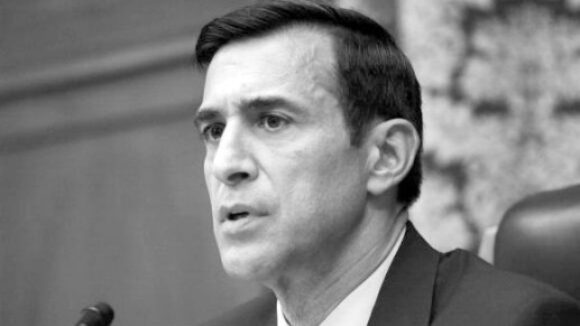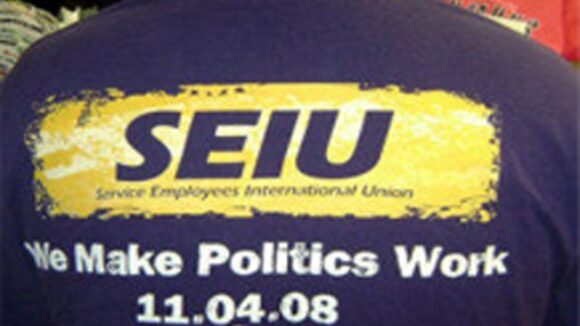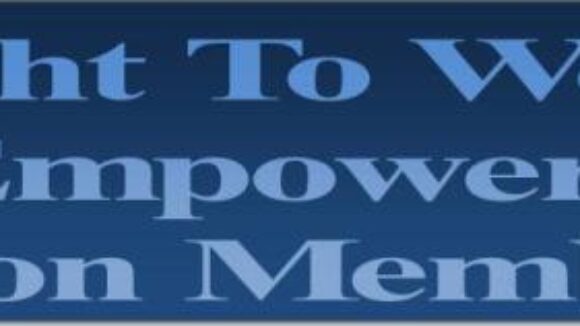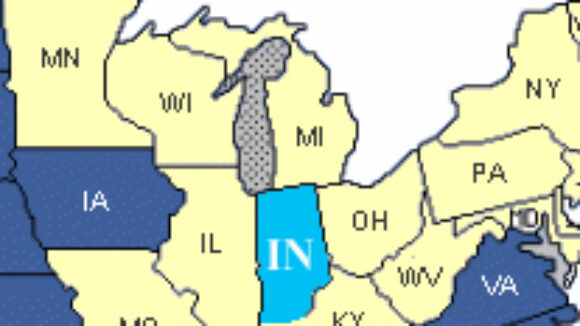Obama NLRB Still 'Screwing Up the U.S. Economy'
Pro-Right to Work Congressman Darrell Issa wants to know more about why the Boeing complaint was filed. Credit: www.businesspundit.com House Oversight Chairman Seeks Answers From Board's Top Lawyer (Source: January 2012 National Right to Work Committee Newsletter) The legal blitz launched against Boeing and its Palmetto State employees last spring by Lafe Solomon, the President Obama-appointed acting general counsel for the National Labor Relations Board (NLRB), is now over. Unfortunately, the grave threat to American employees' Right to Work stemming from this case is unabated. Last April 20, Mr. Solomon, the board's top lawyer, asked an NLRB administrative law judge to block Boeing from initiating a second Dreamliner 787 aircraft production line in Right to Work South Carolina. Mr. Solomon's case was built on a complaint filed by International Association of Machinists (IAM/AFL-CIO) union bosses. Employees in Right to Work States Are Mr. Solomon's Principal Targets Boeing had no right, union officials claimed, to expand production in a Right to Work state so as to cut the cost to customers, employees and shareholders of the disruptive strikes that the union brass had repeatedly instigated at the company's west coast facilities over the years.





